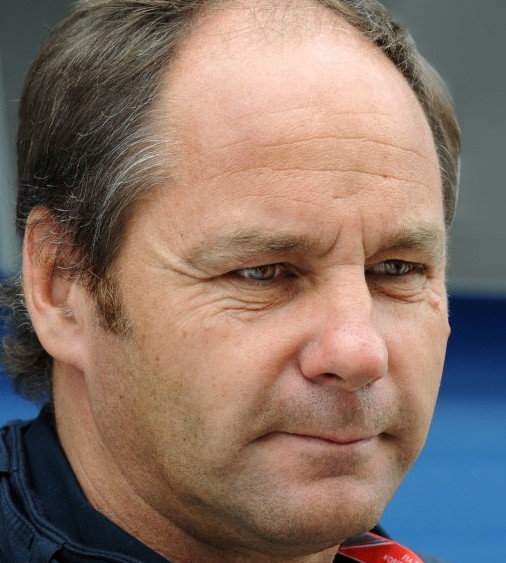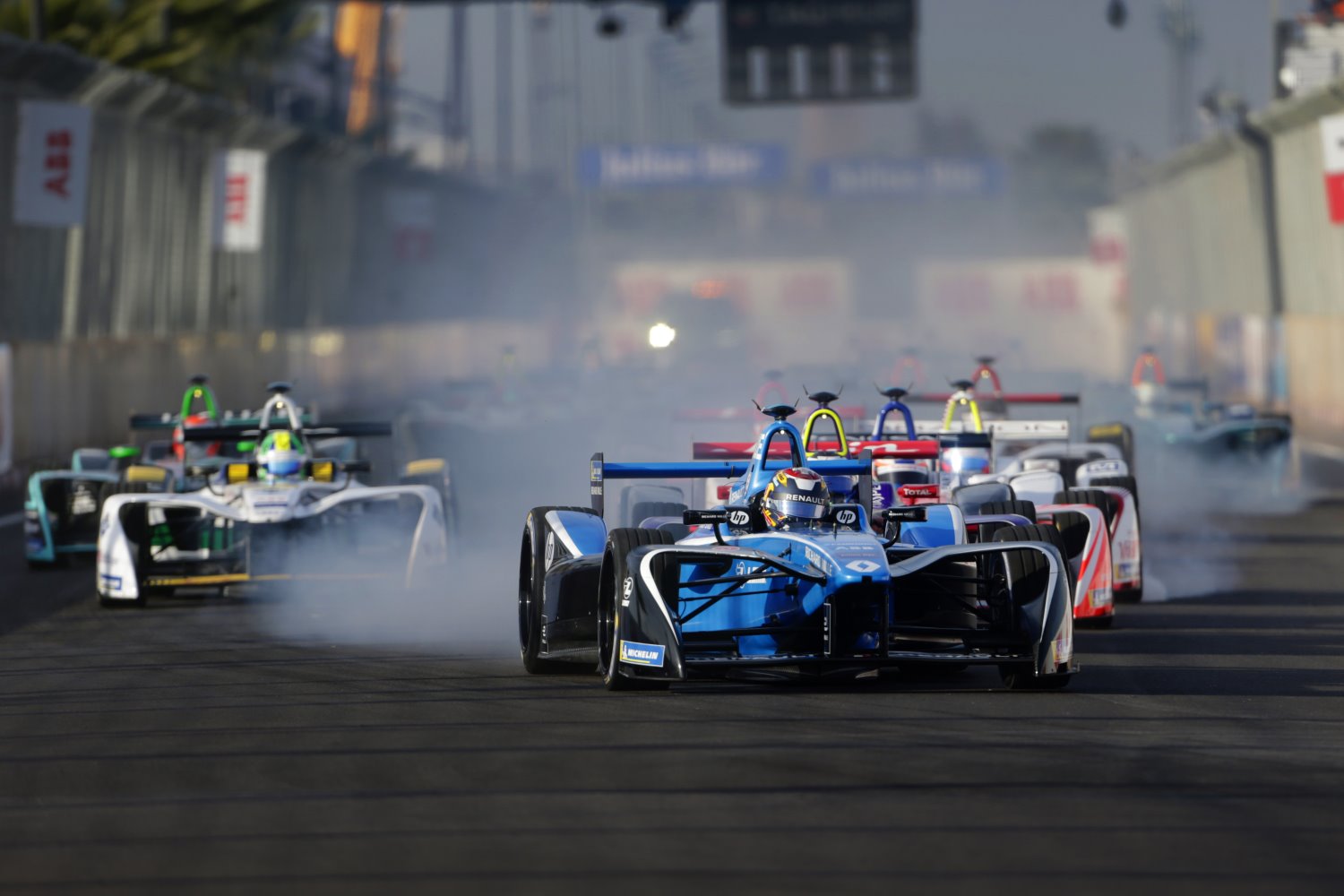Berger: Racing isn’t a sport anymore, its an engineering exercise
 |
| Berger believes that a balance needs to be found between what the manufacturers want to accomplish and what creates an enjoyable spectacle on the track |
Gerhard Berger thinks racing as a whole needs to re-evaluate where they draw the line between motorsport as entertainment and an exercise in engineering. Where have you heard that before? AR1.com has said for years that F1 is no longer a sport, but an engineering exercise. Ditto for DTM, WEC, Formula E and any other series where engineers win races, not drivers.
"Everywhere in Motorsport you find the same problem," warned the Austrian speaking to Speedweek. "It depends on the series but they all have their problems. Motorsport as a whole is sick and needs urgent treatment partly because it disregards the fans and because the cost/benefit ratio is often not right."
In order to execute this vision of a better spectacle, the DTM series he runs has a adopted a number of measures to reduce aerodynamic efficiency by 30% in 2018. The idea is aimed at preserving the touring car DNA of the championship.
 |
| Formula E is flush with money because manufacturers are swarming in for R&D purposes. Drivers win not on skill, but on how good their battery is and how the engineers control the pace to save power. All fans want is the sound of the old simple screaming F1 engines. The fan in the grandstand watching is not there to see the engineers in the pits win the race |
On the sporting side, rolling "Indy" restarts will be dictated by the leader's speed when the green flag is waved and teams will no longer be able to use pit boards to convey strategic messages in order to execute controversial team tactics like we've seen in the last few seasons.
For the 10-time grand prix winner at the helm of the series, changes like these are a step forward in order to keep manufacturer interests in line with the overall vision of the series.
"They use their massive technical possibilities like windtunnels and simulators that often lead to an explosion of costs. That needs to be contained", he said. Catering to the manufacturers often times means neglecting other stakeholders. In this case, Berger believes that fans have had to witness a development battle with little to none entertainment value.
"The customer is king and our customer is the fan", said the series boss, referencing a famous German saying. "They don't care what kind of materials are used to build pistons, what kind of combustion procedure the engines use or how the aerodynamics work in detail. They can't really tell the differences between cars."
Ultimately, Berger believes that a balance needs to be found between what the manufacturers want to accomplish and what creates an enjoyable spectacle on the track.
"We need to accept that technical differentiation is only possible to a limited extent if we want to keep costs under control and offer good racing. DTM's main motivation needs to be sporting and emotional", concluded Berger.
